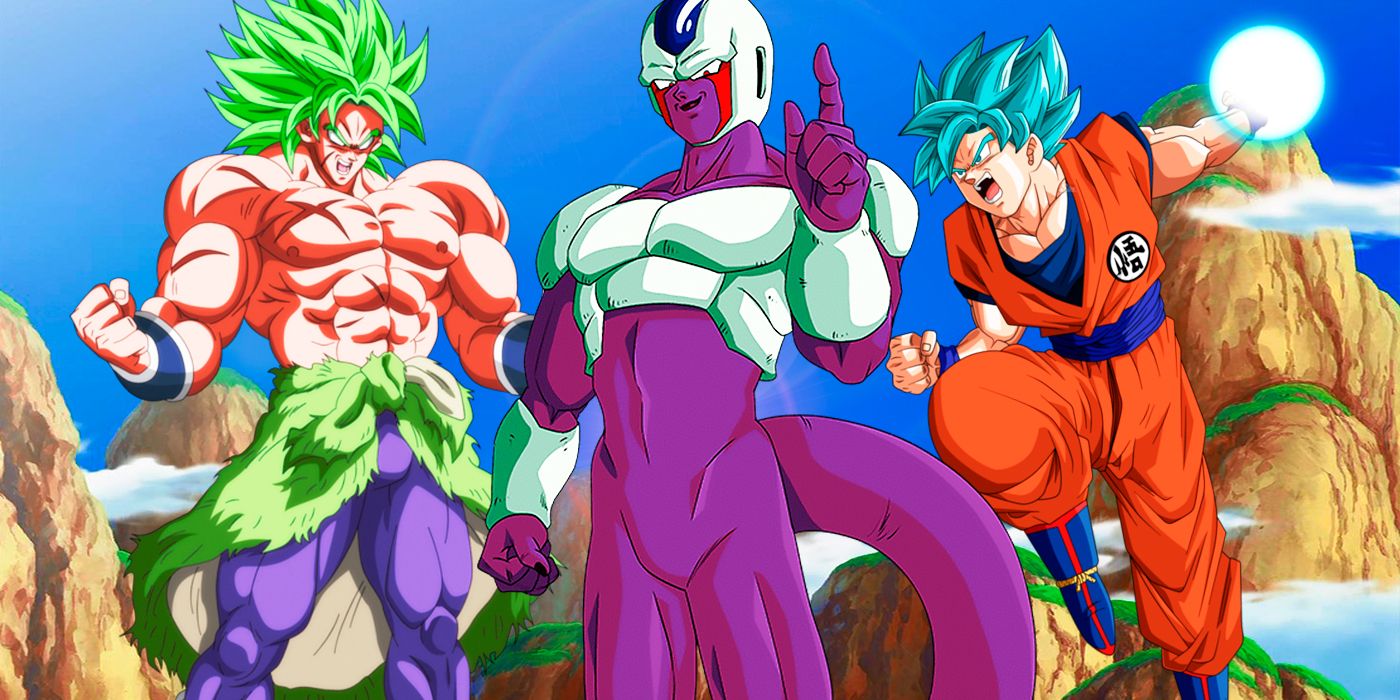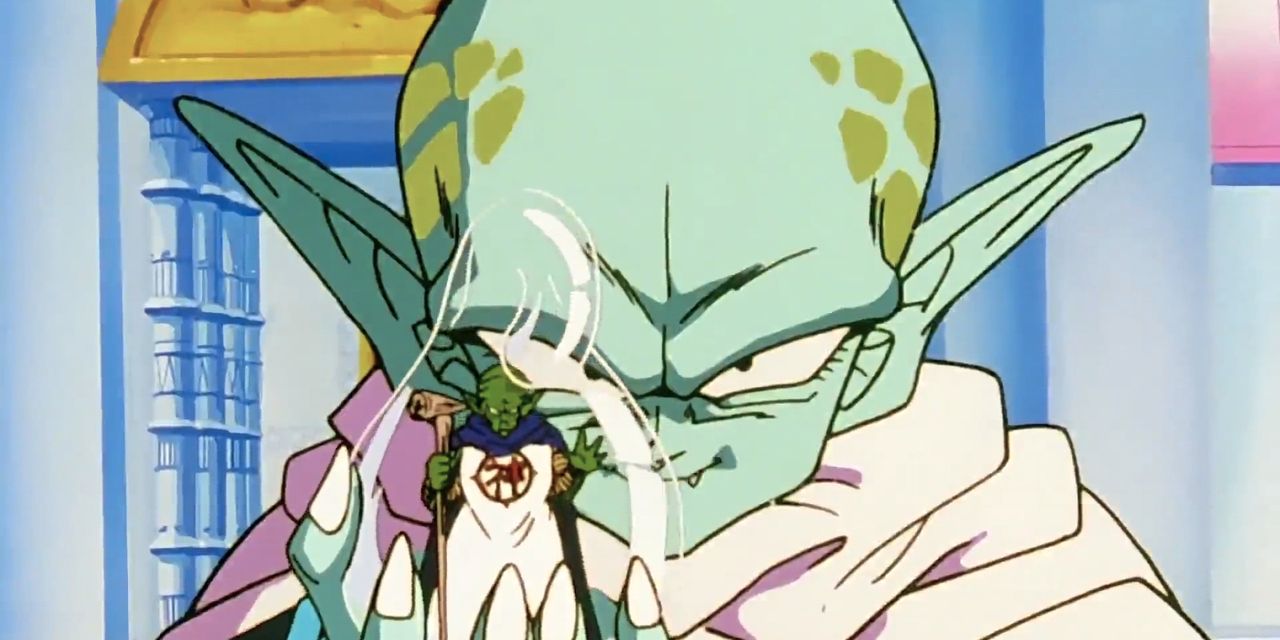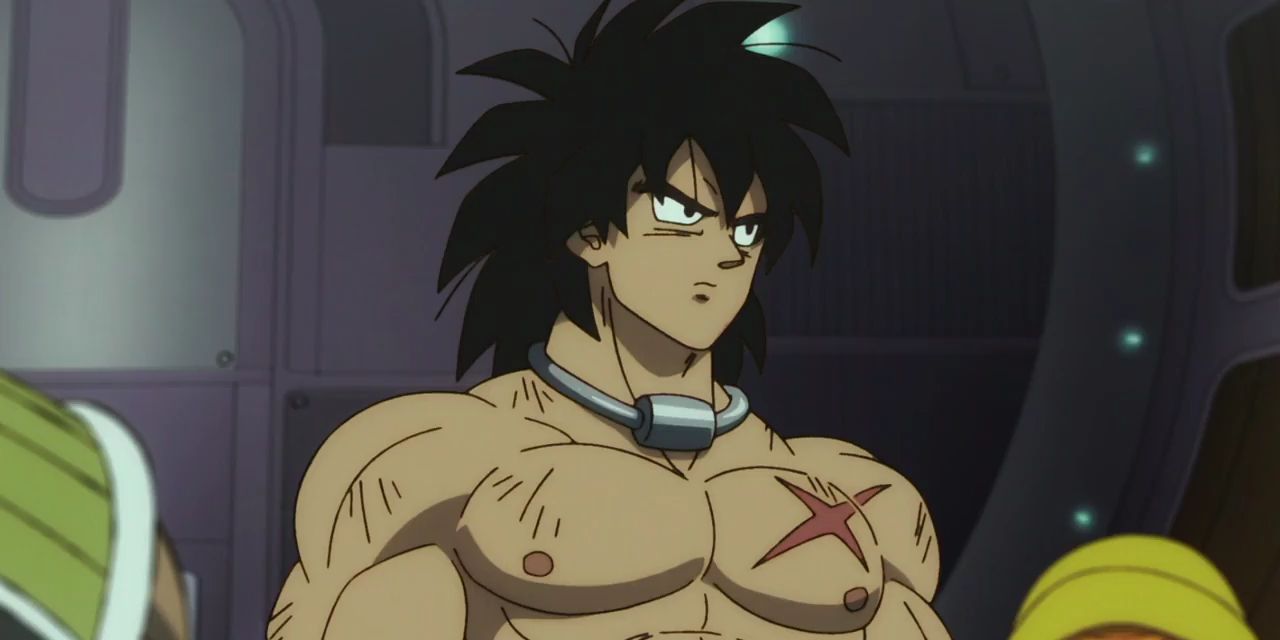Summary
- Dragon Ball films are often not considered canon to the overarching story, as they frequently contradict details from the main plot.
- Some Dragon Ball films are considered canon or at least do not actively contradict the main story, leaving their canonicity up for debate.
- The Dragon Ball franchise has expanded with numerous movies, but fans must sift through which ones are actually in the same universe as the TV series.
Dragon Ball is among the most successful media franchises of all time, but the canon status of its films is often questioned. The most recent films, 2018's Dragon Ball Super: Broly and 2022's Dragon Ball Super: Super Hero, are considered canon to the overarching story, but the vast majority of the franchise's movies are not.
Frequently contradicting details from the main plot, many of the Dragon Ball films are entertaining what-if scenarios rather than direct continuations. There are, however, several films that are canon — or, at least, don't actively contradict the main story, leaving their canonicity up for debate. Thus, fans are left wondering which Dragon Ball movies are canon.
Updated by Timothy Blake Donohoo on December 28, 2023: The Dragon Ball franchise remains perhaps the most iconic anime series of all time, with several generations having enjoyed its various permutations. The success of the manga and anime has inspired numerous movies. Unfortunately, the rule of thumb with anime is that movies aren't automatically canon, and that's especially the case with Dragon Ball. Thus, fans wanting to watch the entire saga will need to sift through which of the animated movies are actually in the same universe as the TV series.
Are The Dragon Ball Movies Canon?
|
Dragon Ball Movies |
|
|---|---|
|
Title |
Release Date |
|
Dragon Ball: Curse of the Blood Rubies |
December 20, 1986 |
|
Dragon Ball: Sleeping Princess in Devil's Castle |
July 18, 1987 |
|
Dragon Ball: Mystical Adventure |
July 9, 1998 |
|
Dragon Ball: The Path to Power |
March 2, 1996 |
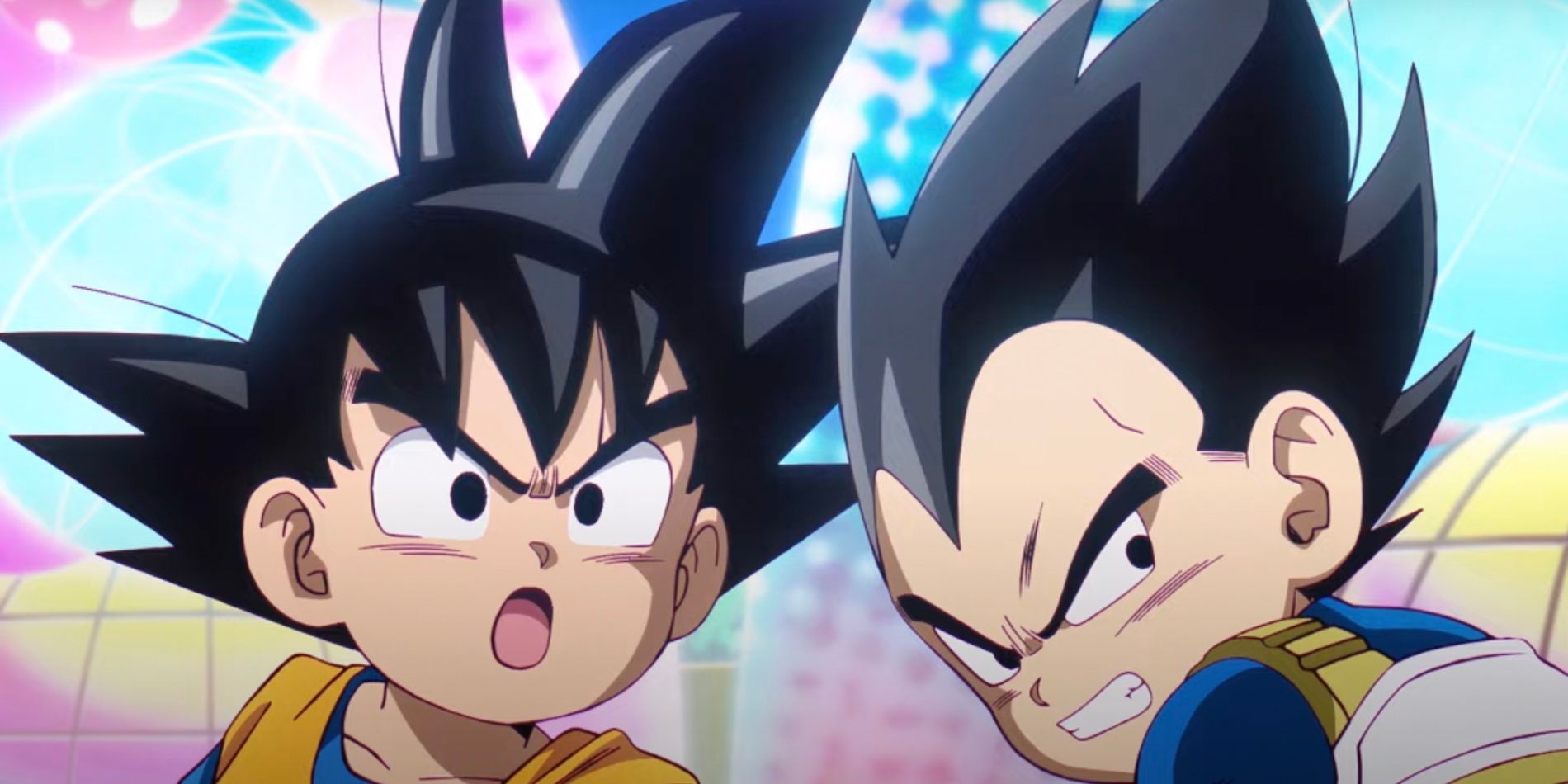
Fans Are Sharply Divided Over New Dragon Ball Daima Art
A newly-released Dragon Ball Daima illustration by franchise artist Toyotaro sparks conflict among fans over the upcoming Dragon Ball Super arc.Before the anime series adapted the "second half" of the manga as Dragon Ball Z, the anime was referred to as simply Dragon Ball. This matched the manga that it was based on, and just like it, the anime adaptation was incredibly popular. Thus, it resulted in four separate movies that built upon this success, though one of them came out several years later. Sadly, none of these are canon Dragon Ball movies.
Despite this popularity, none of the Dragon Ball movies are in the same continuity as the anime series, let alone the manga. This is due to them all retelling/recontextualizing scenes and elements from the main story, making them wholly incompatible with what the anime had already shown. These changes included how Goku met Krillin, as well as how the former met his android friend Eighter (a.k.a. Android 8). Given that these movies are based around the more adventurous Dragon Ball instead of the action-packed Dragon Ball Z, they've mostly been forgotten by all but the most die-hard of fans.
Are The Dragon Ball Z Movies Canon?
|
Dragon Ball Z Movies |
|
|---|---|
|
Title |
Release Date |
|
Dragon Ball Z: Dead Zone |
July 15, 1989 |
|
Dragon Ball Z: The World's Strongest |
March 10, 1990 |
|
Dragon Ball Z: The Tree of Might |
July 7, 1998 |
|
Dragon Ball Z: Lord Slug |
March 9, 1991 |
|
Dragon Ball Z: Cooler's Revenge |
July 20, 1991 |
|
Dragon Ball Z: The Return of Cooler |
March 7, 1992 |
|
Dragon Ball Z: Super Android 13! |
July 11, 1992 |
|
Dragon Ball Z: Broly – The Legendary Super Saiyan |
March 6, 1993 |
|
Dragon Ball Z: Bojack Unbound |
July 10, 1993 |
|
Dragon Ball Z: Broly – Second Coming |
March 12, 1994 |
|
Dragon Ball Z: Bio-Broly |
July 9, 1994 |
|
Dragon Ball Z: Fusion Reborn |
March 4, 1995 |
|
Dragon Ball Z: Wrath of the Dragon |
July 15, 1995 |
|
Dragon Ball Z: Battle of Gods |
March 30, 2013 |
|
Dragon Ball Z: Resurrection 'F' |
April 11, 2015 |
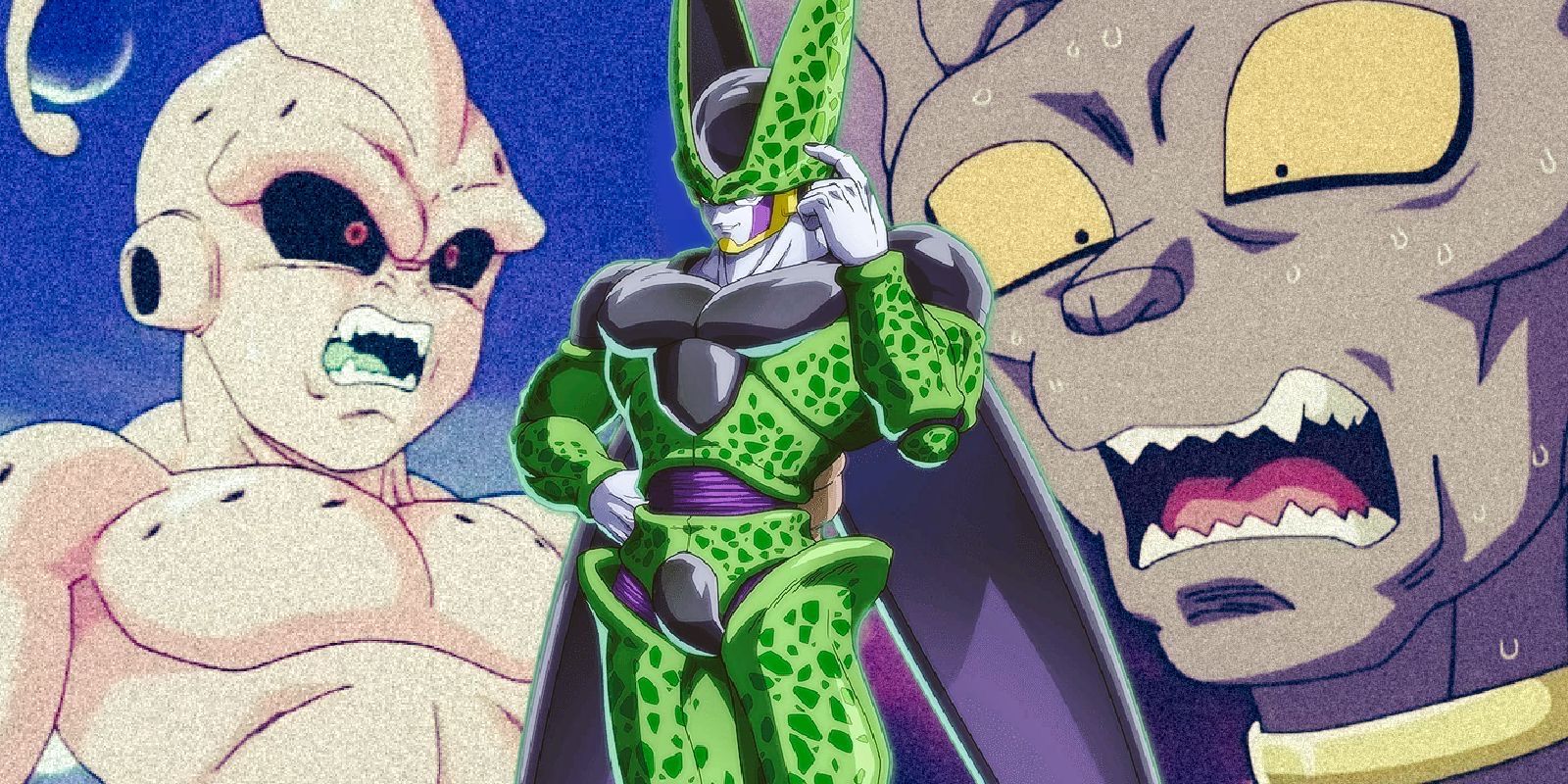
10 Reasons Dragon Ball Z Should Have Ended With The Cell Saga
Dragon Ball Z has had some truly great arcs over the years, but most fans will agree that the Cell Saga was the best the series has ever seen.While the four Dragon Ball movies are all non-canon, either retelling or reimagining stories from the manga or anime depicting Goku's childhood, the first Dragon Ball Z anime film is generally considered canon. 1989's Dragon Ball Z: Dead Zone took place approximately a year before DBZ began with the villainous Garlic, Jr. using the Dragon Balls to gain immortality before being exiled to the eponymous pocket dimension. This placement in canon was further underscored when Garlic, Jr. escaped during an anime-only filler arc and attempted to exact revenge before being exiled once again. This is one of the few canon DBZ movies, though it's only canon with the anime and not the manga.
While the next wave of DBZ films aren't canon Dragon Ball movies, both 1991's Dragon Ball Z: Cooler's Revenge and 1993's Dragon Ball Z: Bojack Unbound (which introduced a fan-favorite villain) fail to ever directly contradict the main series. With Goku still getting the hang of mastering his Super Saiyan transformation in Cooler's Revenge, the 1991 film could feasibly take place in the three-year period between Goku's return to Earth and the arrival of the Androids. However, that neither the villainous warlord Frieza nor King Cold have ever mentioned Cooler, a member of their family, puts this in doubt.
Similarly, Bojack Unbound may have taken place just after the Cell Games, with Goku and King Kai dead while Gohan still learns how to master Super Saiyan 2. The presence of Future Trunks is explained offhand in the English dub as the time-traveling warrior visiting his friends in the main timeline after restoring peace in his own era. Similarly, Hercule Satan is already renowned worldwide for taking credit for Cell's destruction, as the false champion makes his film debut in the 1993 movie. Thus, these can be seen as canon DBZ movies, if only loosely.
Dragon Ball GT Is Non-Canon As A Whole
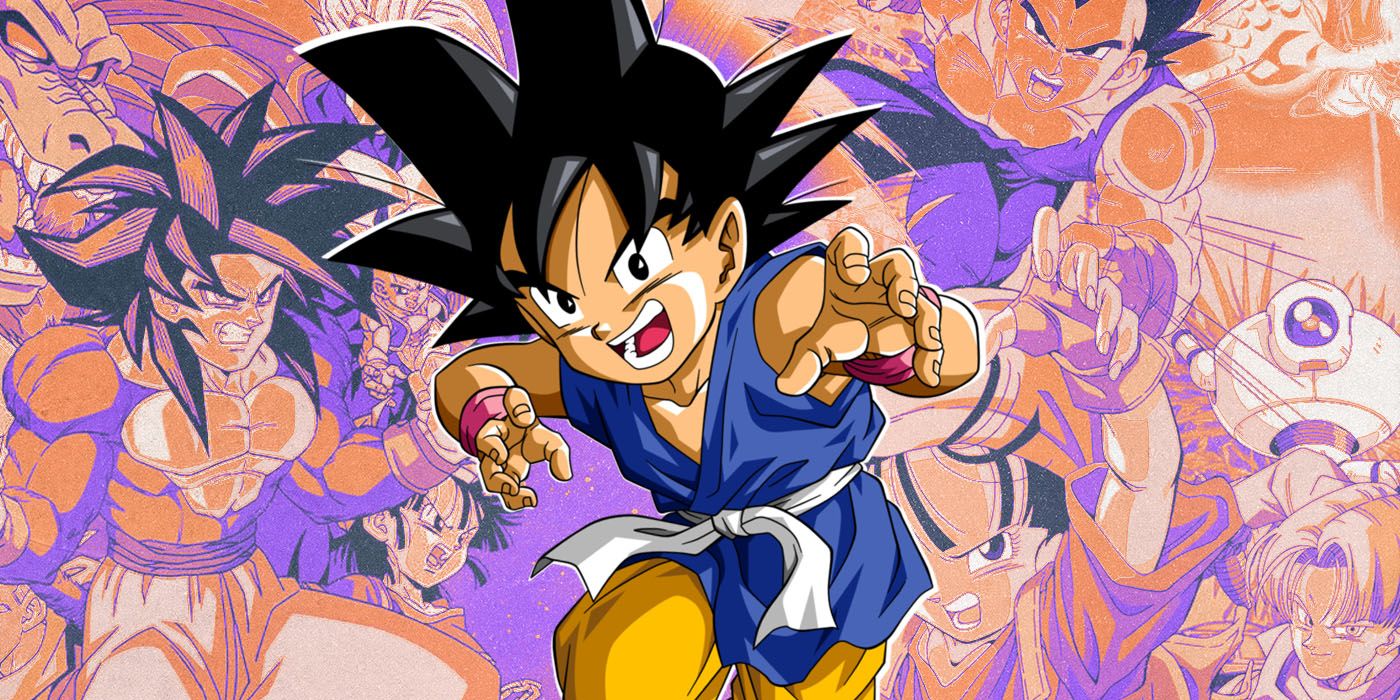
Is Dragon Ball GT Actually Good or Has Dragon Ball Super Lowered Our Standards?
Dragon Ball Super changed fans' standard of quality. It also made them reconsider Dragon Ball GT and wonder whether it was a good show.Originally released in 1996, Dragon Ball GT was an anime-only sequel that wasn't based on a manga by Akira Toriyama. It initially tried to emulate the adventure focus of the original Dragon Ball, but this was quickly dropped in favor of a more action-oriented focus. The series wasn't nearly as long as its predecessors, and due to the lack of real involvement from the franchise creator and its poor reception, it's been deemed as outside the canon of the classic anime and manga.
Said lack of popularity resulted in the mostly disliked Dragon Ball GT getting only one movie: Dragon Ball GT: A Hero's Legacy. This is actually considered more of a TV special and was never released theatrically. In a shift from other movies in the series, it actually is canon to the show. Of course, since the Dragon Ball GT anime is non-canon, anyway, this is ultimately irrelevant, as are the show and its corresponding TV special.
Are Wrath Of The Dragon & Dragon Ball Super: Broly Canon?
|
Dragon Ball Super Movies |
|
|---|---|
|
Title |
Release Date |
|
Dragon Ball Super: Broly |
November 14. 2018 |
|
Dragon Ball Super: Super Hero |
June 11, 2022 |
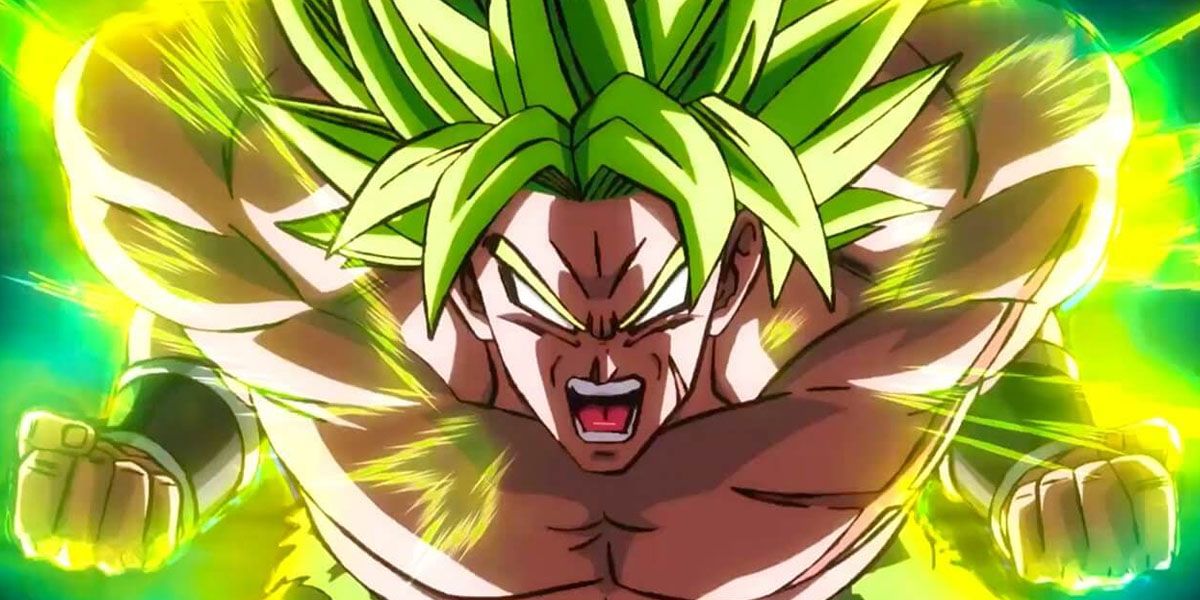
Shueisha Reveals New Broly Art for Dragon Ball Super Volume 22
The back cover art for the 22nd volume of the Dragon Ball Super manga has been revealed, with the image focusing on the Legendary Super Saiyan Broly.Perhaps most intriguing in the question of which Dragon Ball movies are canon is 1995's Dragon Ball Z: Wrath of the Dragon. This movie is set shortly after the defeat of Kid Buu, as Earth and the Z Fighters enjoy a period of peace. The film debuted Goku's special attack, the Dragon Fist, with the technique resurfacing on multiple occasions during Dragon Ball GT, seemingly confirming Wrath of the Dragon as canon.
However, with DBGT's canonicity apparently revoked by the new anime series Dragon Ball Super, this raises questions about whether Wrath of the Dragon is actually canon. While Wrath of the Dragon does not directly contradict DBZ or Super, Goku has yet to use or refer to the Dragon Fist technique in Super's manga or anime.
Since 2008's short film Dragon Ball: Yo! Son Goku and His Friends Return!!, Toei Animation appears to have kept to the rule of only making canon Dragon Ball movies. That film's introduction of Vegeta's brother Tarble was acknowledged in Super, while 2013's Dragon Ball Z: Battle of Gods and 2015's Dragon Ball Z: Resurrection F would both be adapted as the opening story arcs in Super when the anime premiered in 2015.
Even Dragon Ball Super: Broly is canon because it was written by series creator Akira Toriyama, whereas the original Dragon Ball Z: Broly trilogy wasn't. Additionally, DBS: Broly follows the continuity of the Dragon Ball Super anime as a direct sequel. Should Toei hold to this pattern, the next Dragon Ball Super movie will likely be canon to the main story as well, as Goku and the Z Fighters continue to find new adventures.
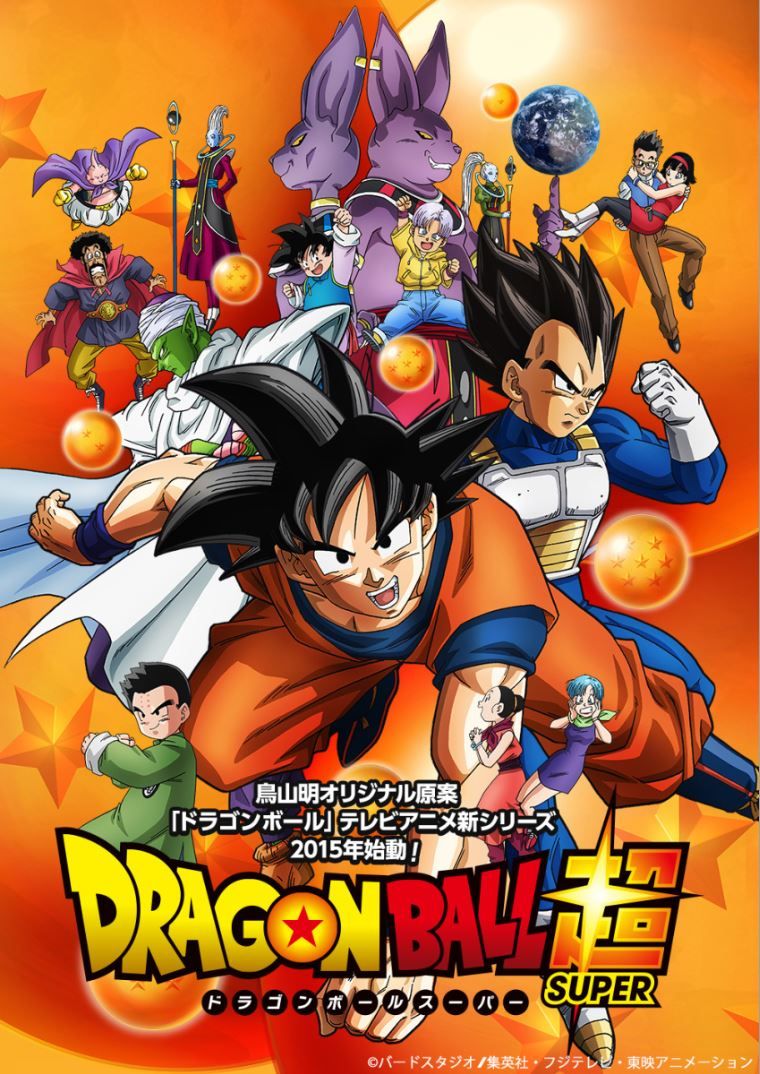
Dragon Ball
Dragon Ball tells the tale of a young warrior by the name of Son Goku, a young peculiar boy with a tail who embarks on a quest to become stronger and learns of the Dragon Balls, when, once all 7 are gathered, grant any wish of choice.
- Created by
- Akira Toriyama
- First Film
- Dragon Ball: Curse of the Blood Rubies
- Latest Film
- Dragon Ball Super: Super Hero
- First TV Show
- Dragon Ball
- Latest TV Show
- Dragon Ball Super
- First Episode Air Date
- April 26, 1989
- Cast
- Sean Schemmel , Laura Bailey , Brian Drummond , Christopher Sabat , Scott McNeil
- Current Series
- Dragon Ball Super

